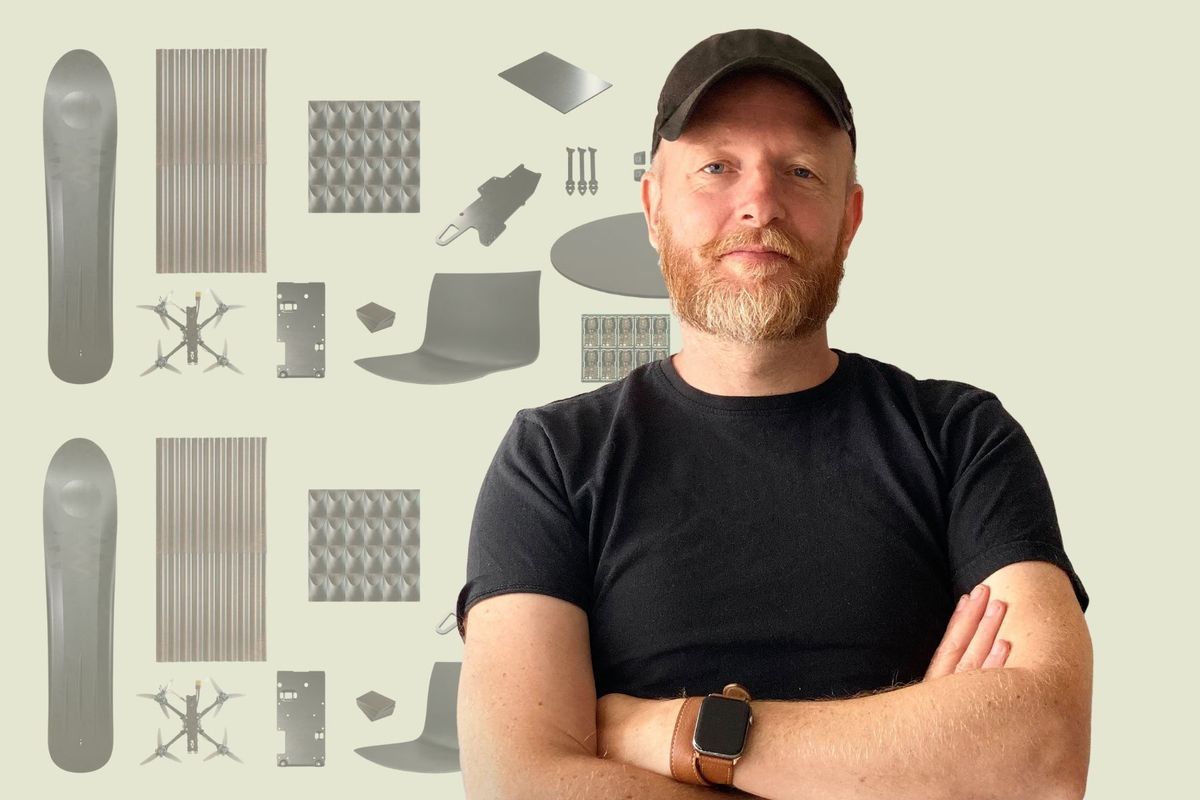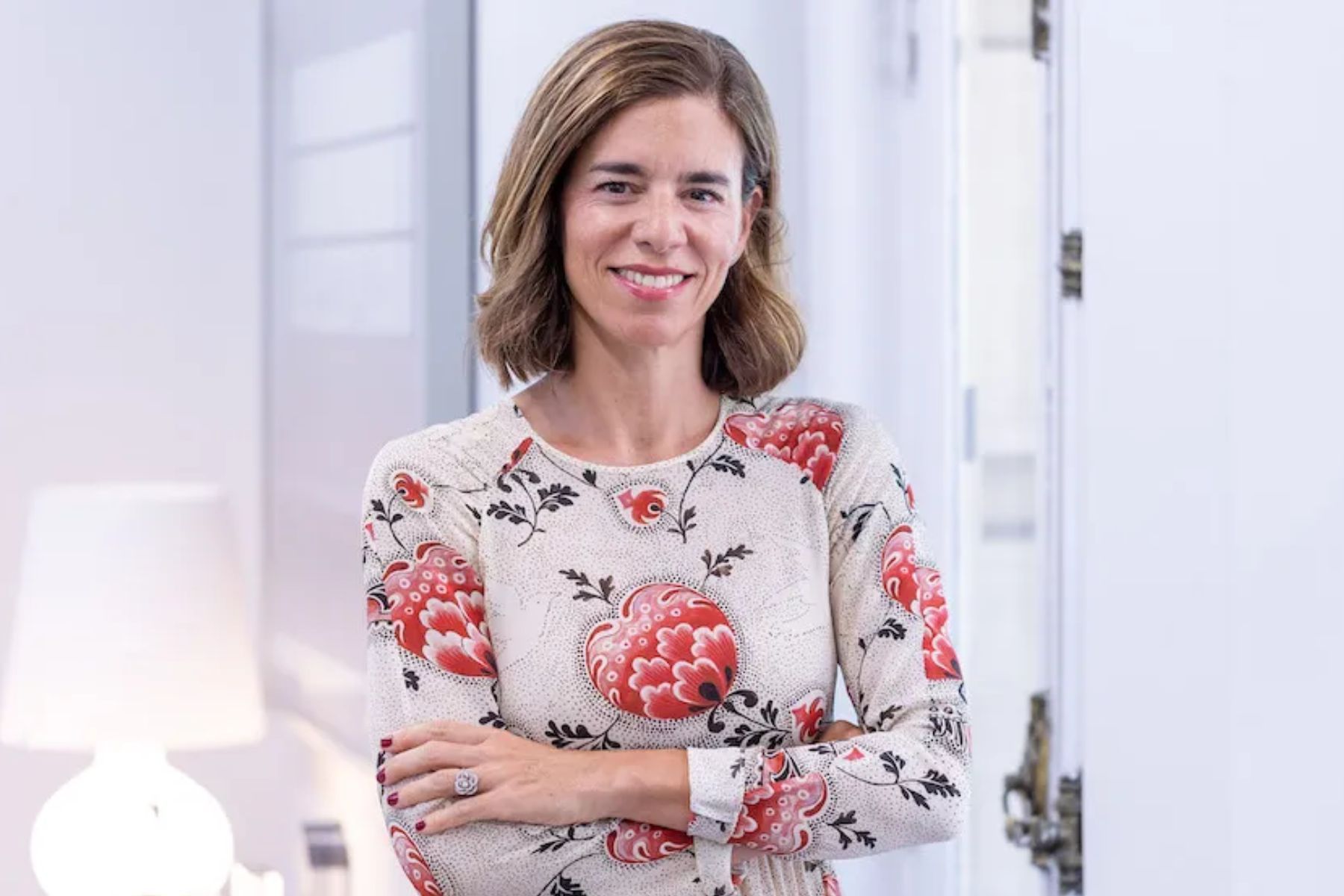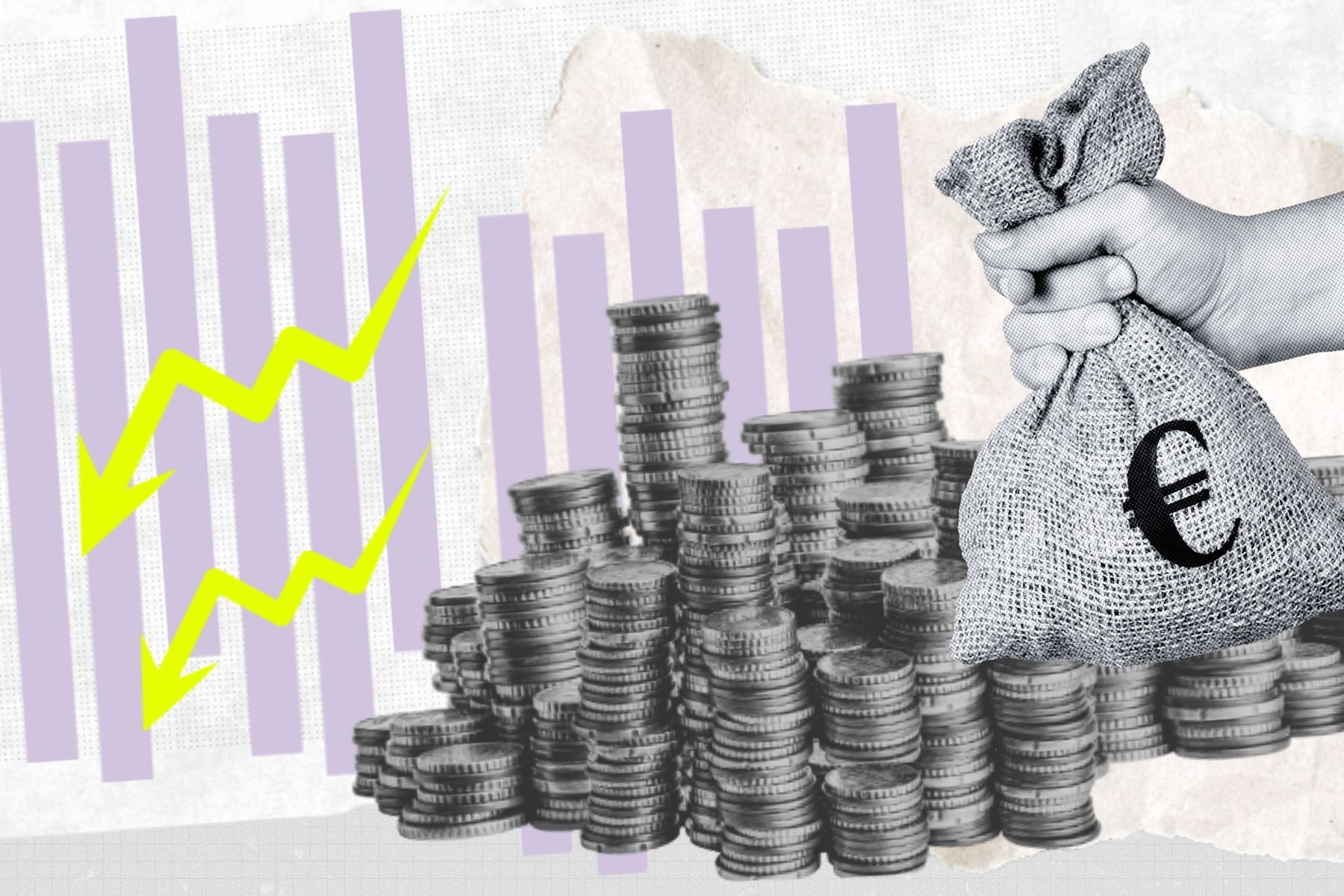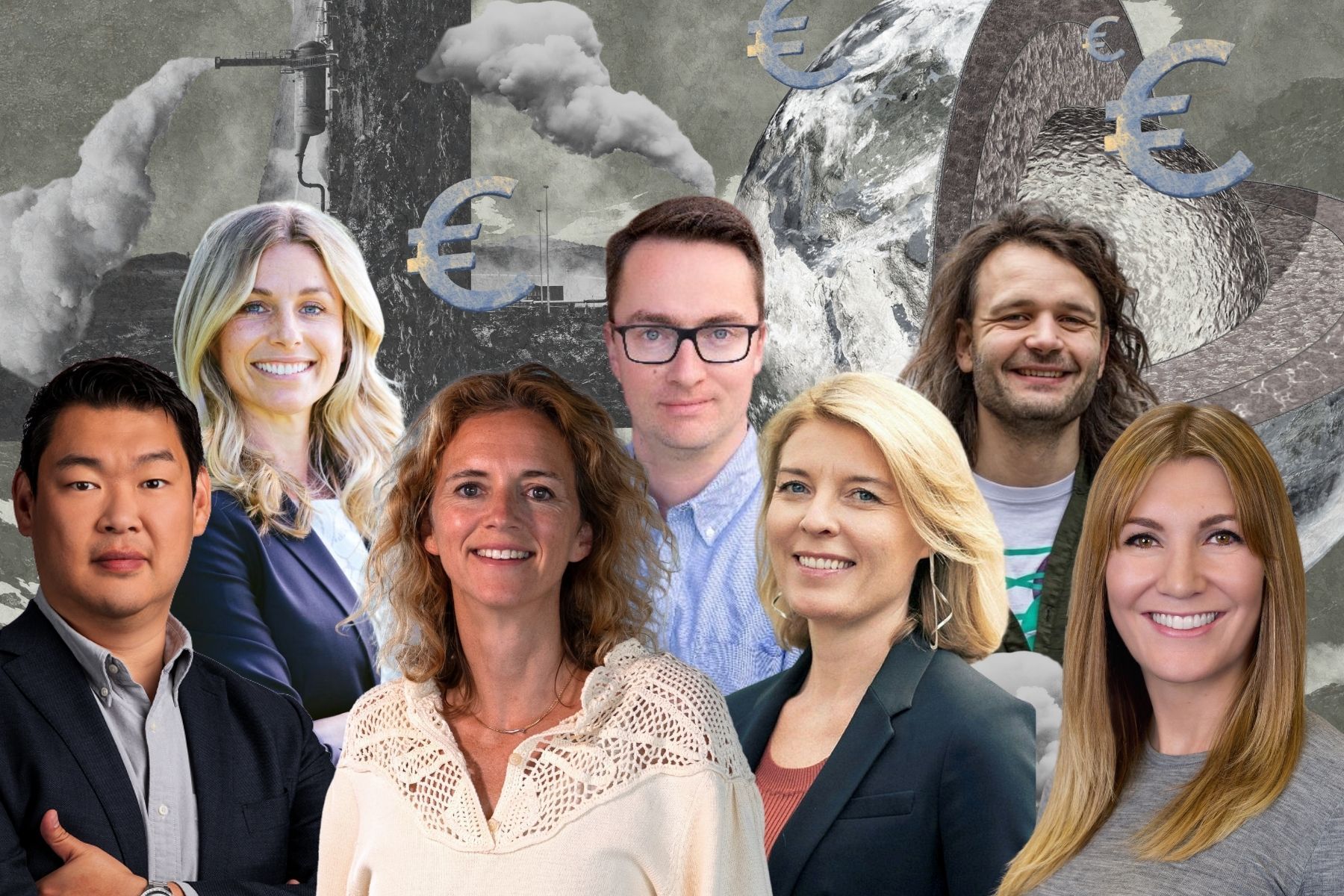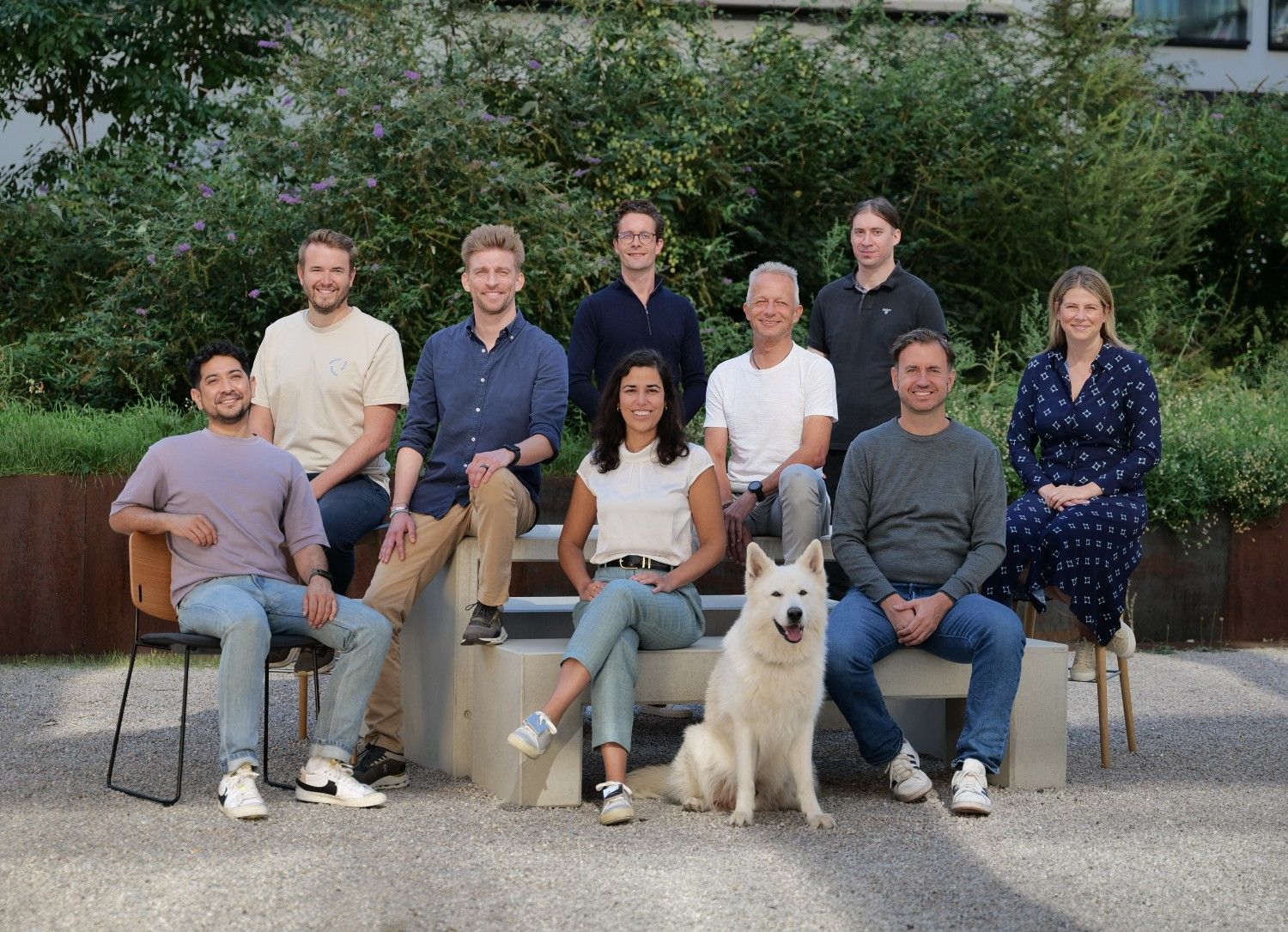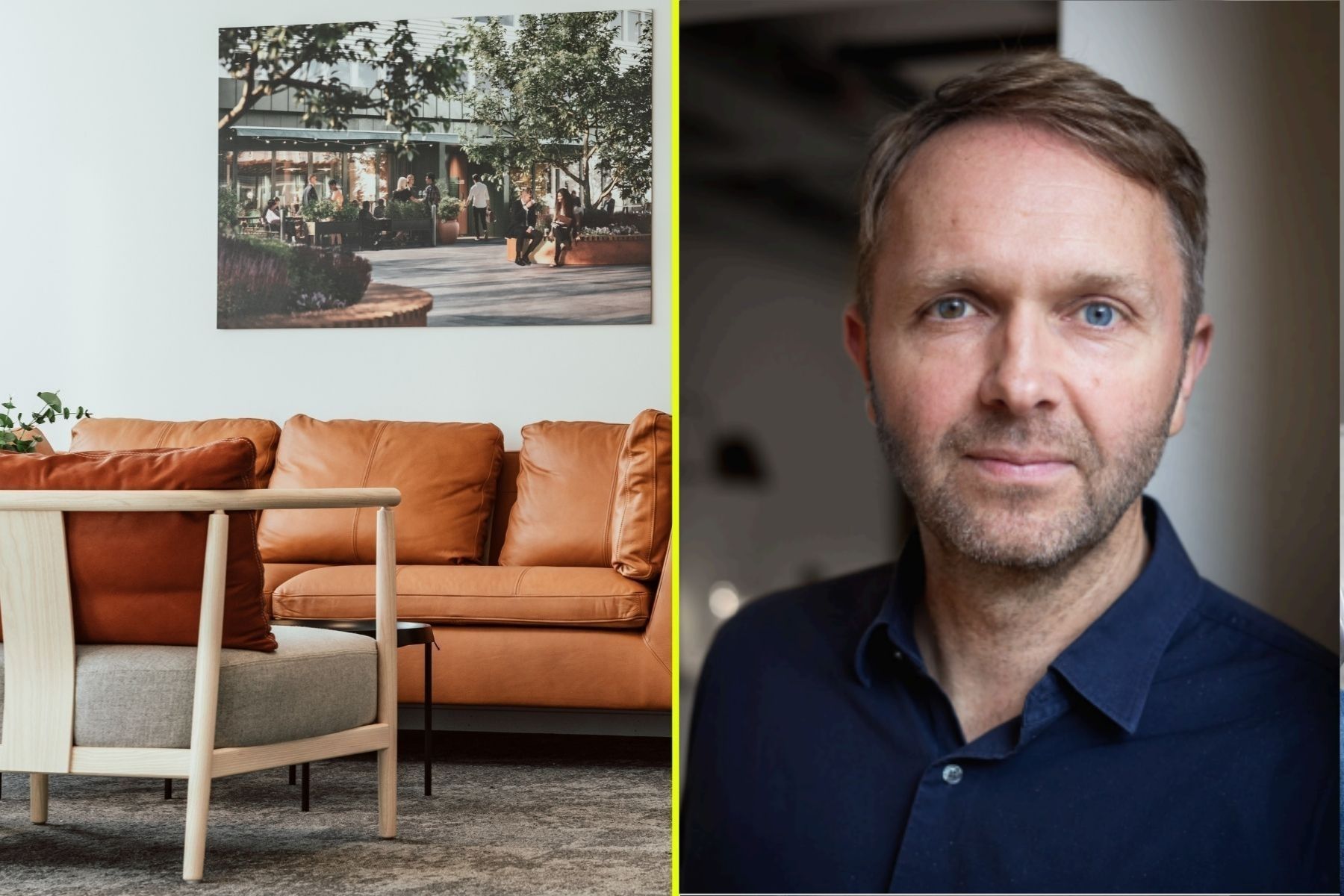Papershell set to bag €40M from EIF for first factory: 'A hell of a big deal for us'
Papershell has found a way to turn paper waste into a durable 'wood metal' composite to replace aluminium, plastic, and fibreglass. <br><br>Now, the Swedish startup is on track to receive more than €40m in grants from the EU to build a full-scale factory in Sweden – but one big hurdle remains.<br><br>


Stockholm-based Papershell has secured preliminary approval from the EU Innovation Fund (EIF) to receive €40.3m to build its first full-scale factory.
“This is a hell of a big deal for us," CEO and co-founder Anders Breitholtz told Impact Loop. "We’ve been working toward this for four and a half years, and this announcement means the EU actually wants this to happen.
"Now it’s just up to us to get the final pieces in place,” he said.
Getting those final pieces in place means that Papershell must raise the rest of the €83m needed to expand its pilot plant in Tibro, Sweden, into a full-scale factory.
“If we can show that we have the co-financing and deliver on what we promised in the application, then we’ll get the funds,” Breitholtz explained.
Confident about investor backing
Despite the hefty sum, Breitholtz remains optimistic.
As part of the company’s application to the EIF – an 847-page detailed project plan with verified technical specifications and climate reporting – Papershell submitted 42 endorsement letters from partners, customers, and investors ready to chip in more capital.
“So far, we’ve raised around SEK 250m (€22m), and we have those endorsement letters. I can’t promise anything, but I’m very optimistic,” said Breitholtz.
According to the plan, the factory should be fully operational by 2030. A final decision from the EU is expected in March, after which all documents will be signed. Papershell will then have six months to secure the remaining €42.7m before the funding is locked in.
Big climate gains
A key condition for receiving the grant is that the project must reduce its climate impact. Papershell’s products are compared with existing market alternatives, and in some cases, their bio-based substitutes for things like façade panels and car components could significantly cut CO2 emissions.
“We reduce emissions by up to 99.4% compared to other materials. If we scale this up, the impact will be enormous. The plan is to produce 24,000 tonnes per year from 2030,” said Breitholtz.
From skateboards to circuit boards
Papershell’s material is not only climate-friendly but also strong and water-resistant. One of their first test products was a skateboard.
“It’s signed by Tony Hawk – the American skateboarding legend – and it’s sitting right here in my office,” Breitholtz said.
Beyond building materials and components for the automotive and transport industries, the company’s products now include circuit boards. Papershell’s material can serve as the base layer for PCBs, which could not only reduce their environmental footprint but also strengthen Europe’s self-sufficiency in circuit board production.
“The factory we’re planning will have nine production lines, one of which will be dedicated to this,” said Breitholtz.
Get full access to Europe's new platform for impact news
- Quality journalism, interviews, investor profiles and deep-dives
- Daily newsletter with top stories, latest funding rounds and roundup to keep you in the loop
Keep reading – get in the loop!
- Håll dig i loopen med vårt dagliga nyhetsbrev (gratis!)
- Full tillgång till daglig kvalitetsjournalistik med allt du behöver veta inom impact
- Affärsnätverk för entreprenörer och investerare med månatliga meetups
Fortsätt läsa – kom in i loopen!
- Håll dig i loopen med vårt dagliga nyhetsbrev (gratis)!
- Full tillgång till daglig kvalitetsjournalistik med allt du behöver veta inom impact
- Affärsnätverk för entreprenörer och investerare med månatliga meetups



